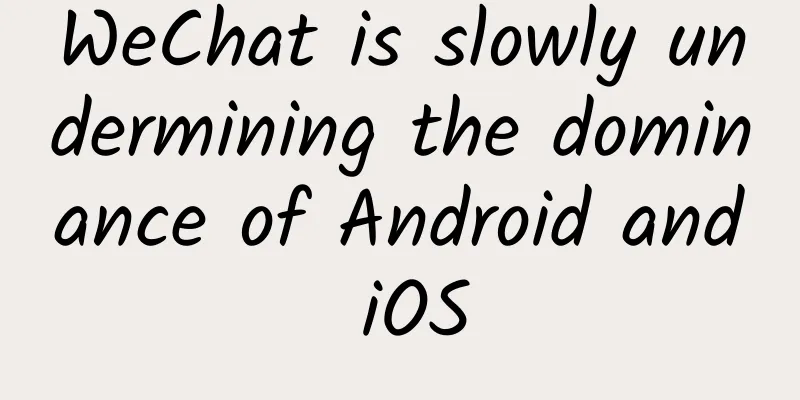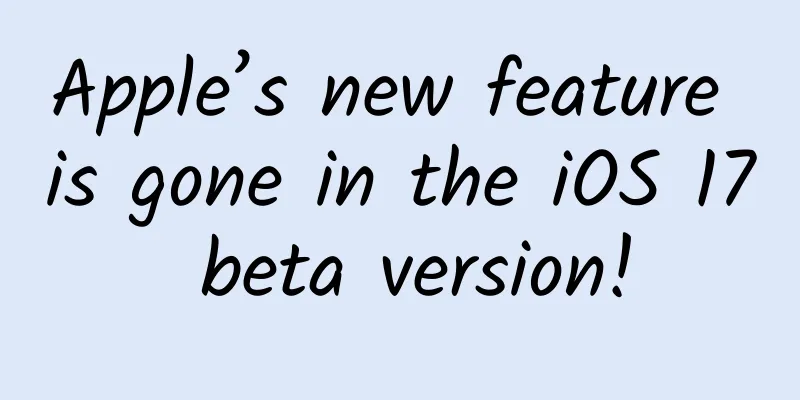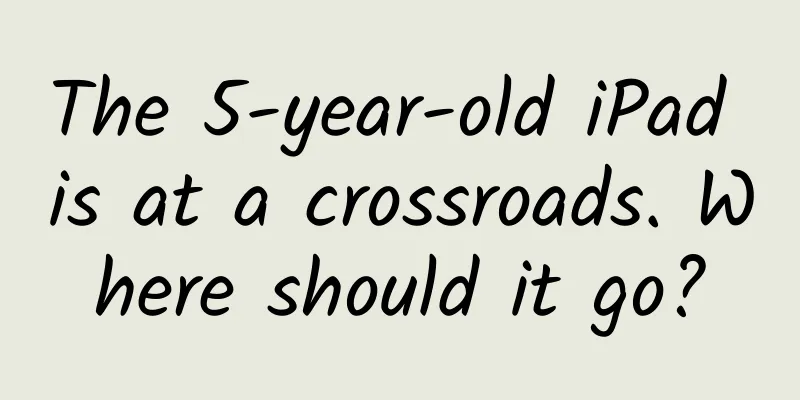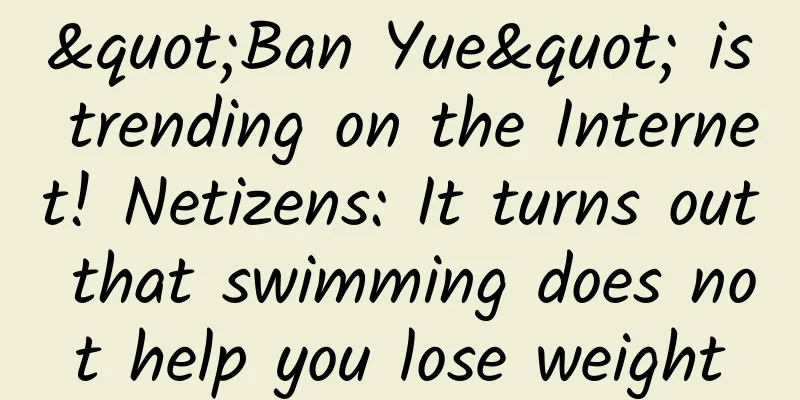WeChat is slowly undermining the dominance of Android and iOS

|
The Economist recently wrote that the rapid growth of messaging applications such as WeChat, WhatsApp, and Snapchat has put traditional software under tremendous competitive pressure. Developers represented by Facebook intend to create a new service platform that will compete with Android and iOS for dominance. The full article is as follows: "If you find him, I suggest you grab him by the neck, shake him until he foams at the mouth, rip out his entrails and make him eat them." People in Silicon Valley don't often quote British novelist Sir Pelham G. Wodehouse. But Benedict Evans of Silicon Valley venture capital firm Andreessen Horowitz believes that messaging services will "do this to mobile and enterprise software." At present, the most notable example is Facebook's F8 conference. At the conference, Facebook announced that the messaging service Messenger will be transformed into a "platform" that carries and integrates various third-party applications. Facebook Messenger is just an application that supports iOS and Android, but it will become a competitor to the mobile system application store. In short, it will become an application that cannibalizes the App Store. The rise of messaging apps The promise of messaging apps is sure to surprise those who think they are just another way for young people to share gossip. Their continued rapid growth proves that they are here to stay. According to statistics from market research company Flurry, the total number of messaging app users increased by more than 100% last year. The total number of users of the top ten messaging apps has exceeded 3 billion. The most popular messaging app WhatsApp has 700 million users. As the number of users grows, dedicated messaging apps are launched one after another. Snapchat is famous for its self-destructing feature, while Secret, Whisper and Yik Yak allow users to communicate anonymously. Telegram has attracted attention for its strong encryption. FireChat users can communicate directly on their phones without the need for the Internet. Users spend a lot of time on messaging apps, and investors have given them high valuations despite the fact that some messaging apps have unclear profit models. Last year, WhatsApp processed more than 7 trillion messages, equivalent to sending 1,000 messages for every person on earth. Research firm Forrester says that British users spend almost as much time on WhatsApp as Facebook's social app. In China, the average WeChat user spends about 1,100 minutes (about 18 hours) per month on the app. Enterprise field Although the data is smaller, similar changes are happening in the business world. The messaging service Slack has been successful, but many companies have failed in the field of enterprise social networking in which Slack is located. At only one year old, Slack now has 500,000 users. Slack says that users use it for 135 minutes every weekday and send a total of 300 million messages per month. In October last year, Slack's valuation exceeded $1 billion. Slack categorizes massive amounts of information into manageable "channels," each of which is dedicated to a project or team. Users can create and subscribe to channels, exchange information, post links, and upload files. In addition to reducing email processing time, these channels can also help new employees quickly understand new projects, and they no longer need to use an empty inbox to understand their work. There are many enterprise messaging services similar to Slack. Startups such as Quip and HipChat all provide similar services. Large companies are also unwilling to lag behind. Recently, Cisco launched Spark, an enterprise messaging service. Spark's interface and experience are somewhat similar to Slack, but Spark provides voice and video communication functions. IBM has also followed this trend and launched Verse, an online email service. Verse users can send instant messages or use IBM's artificial intelligence engine Watson to classify and reply to messages, thereby reducing the burden of communication. Revenue Model Both consumer and enterprise messaging apps need to eventually make money to satisfy investors. They can do so in a few ways. One way is to sell a lot of ancillary products at a low price. For example, some Asian messaging services sell stickers. Another way is to extract a share from e-commerce and mobile payments in their own networks. WeChat users can directly call taxis and book flights; Snapchat allows news media such as CNN and National Geographic to publish articles on its platform, and Snapchat gets a share of advertising revenue; like Facebook Messenger, Line and Snapchat have recently added payment services. While most messaging services are free, WhatsApp charges a small annual fee (99 cents). In fact, once users and their contacts are accustomed to a messaging service, it is not difficult to ask them to pay a small annual fee. If you multiply it by the huge user base and deduct a small amount of operating costs, the annual fee income is also considerable. As for corporate messaging services, since corporate users are used to paying annual fees and maintenance fees for email systems, they prefer to charge such recurring fees. Regardless of the size of the enterprise, corporate users have a variety of online services, such as customer support and software vulnerability tracking, which annoy corporate users with warnings and query messages. Therefore, as long as the new service can handle this information more efficiently, corporate users are willing to pay for new services. Slack, which costs $7 per user per month, is popular with businesses because it can move large amounts of information into channels, making the service the processing center for all information flows. Platform Wars However, the beautiful vision may still rely on companies like Facebook - making messaging services a platform on which other companies can develop content and applications, and developers can generate revenue in various ways. WeChat has almost become a platform. Facebook now intends to go a step further and make Messenger an access point for other services and applications. For example, by clicking on a link embedded in the message stream, users can directly open other applications. Venkatesh Rao, founder of consulting firm Ribbonfarm, said that such platform wars are a natural evolution in the software industry. Similar competition has already occurred, most notably the "browser war" in the mid-1990s. At that time, Netscape's browser intended to replace Microsoft as a dominant platform. Today, Android and iOS are the dominant mobile platforms, and they will inevitably fight back. |
<<: Cook's naked donation: Apple embraces the world
Recommend
“Wildfires cannot be extinguished, spring breezes will bring them back to life” It turns out that this is because…
When it comes to wildfires, many people will thin...
Writing copy is not to attract attention, but to occupy your time!
The purpose of writing copy is to gain as much us...
It is beautiful and long-lived, but it brings disaster to its life
Three hundred million years have passed. Since ap...
Why do some people get red spots while others get big blisters after being bitten by mosquitoes?
Audit expert: Zhang Yuhong Chief Physician of Der...
China Association of Automobile Manufacturers: Brief analysis of passenger car production and sales in March 2022
According to statistics and analysis by the China...
7-day XMindZEN vertical screen course
This course is suitable for those who have no bas...
How to use classified information for online marketing promotion?
Classified information promotion refers to activi...
What improvements did I make when I was refining an old project from a few years ago?
[[134665]] In recent months, I have used my spare...
It's getting fierce. Can ants also undergo amputation surgery? | Nature Trumpet
Welcome to the 61st issue of the Nature Trumpet c...
The sales volume of new energy vehicles is expected to exceed 2 million this year, and Nezha ranks fourth after Wei, Xiaoli and Li Auto.
In recent years, driven by various factors, new e...
How can low-frequency App operations improve user activity?
APP operation and promotion should be carried out...
Are strawberries the dirtiest fruit?
From November to February of the following year, ...
Solid info! A comprehensive interpretation of Amazon’s advertising model!
Through the analysis and summary of this article,...
China Automobile Dealers Association: New Energy Passenger Vehicle Points from January to November 2019
The overall range and new energy points performan...
Analysis of "background invalid animation" behavior in Android
When an Android App is put into the background, a...









